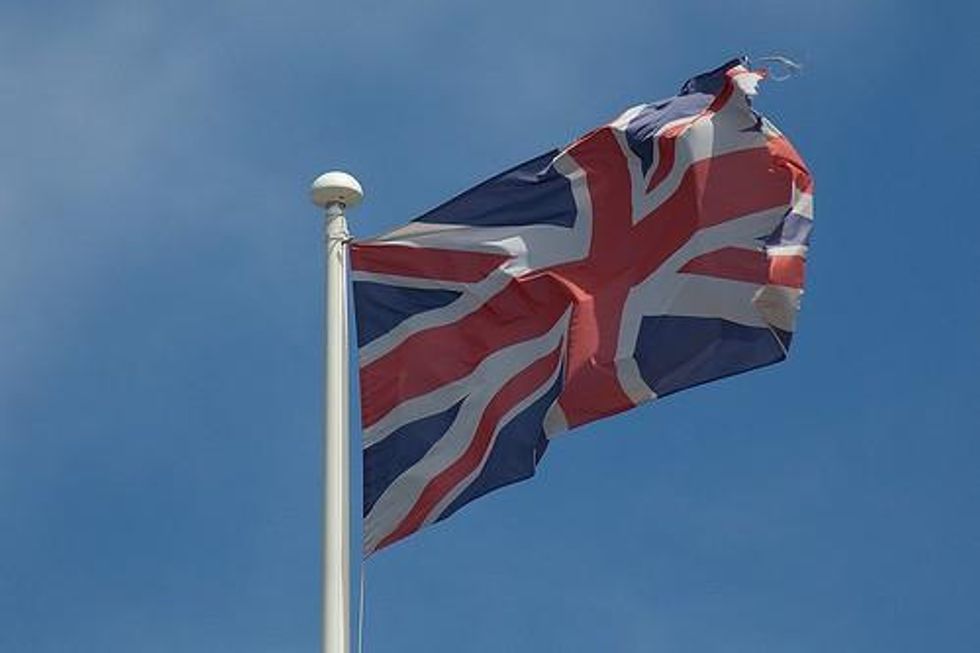Why does Britain arm human rights abusers? On the face of it, this is a nonsensical question. The British state is a human rights abuser, from Iraq to Afghanistan. On a scale calibrated according to those atrocities, what do a few bits of kit to Iran matter? What ethical barrier should stop Britain sending crowd control ammunition to Saudi Arabia, or assault rifles to
Bahrain? Yet this is to deflect an important political question.The arms industry accounts for 1.2% of all exports and 0.2% of all jobs in the UK. Economically, it is negligible. And, were it not for high-pressure sales and marketing departments working in the British government on behalf of the industry, it would be even more puny. So what accounts for the extent of state efforts to find clients for the manufacturers of weapons? Why has the British government always found the means to subsidise important arms purchases, through export credits?
Here, it is not sufficient to invoke commercial cynicism or corruption. To explain it, one must insist on the "primacy of politics". That is, arms flows are centrally about powerful states taking sides in global political struggles, whether they are open and violent as in Bahrain in 2011, or submerged as in Belarus today. The transfer of weapons is simply one particularly sharp and bloodied edge of the projection of imperial power.
In and of themselves, individual trades may be of limited significance. Some news stories have alighted on a few transfers of minor significance to Iran and Syria, which seem to be at odds with Britain's current foreign policy stance. Rather than sifting through the receipts for arms trades, like tea leaves, looking for patterns, it makes more sense to begin by asking what the geopolitical priorities of the producer states' are, and how arms sales contribute to realising them.
This is unhelpfully obscured by well-meaning moral condemnations of "arming repressive regimes". All regimes are repressive to some extent - that's what weapons are for. The question is what strategic alliances are being forged and sustained. Any British government these days will send a small mountain of arms to Saudi Arabia and Israel on a regular basis. Both of these are states which the British empire had a role in creating, and both represent long-term strategic commitments on the part of the UK. On the other hand, some arms flows reflect temporary tilts, tactical interventions. Examples include the increased flow of weapons to Bahrain two years ago, or - in the early 2000s - to Indonesia when it was suppressing the Acehnese rebellion.
This is not to deny that immediate economic considerations have a role. Once the British state has decided that its arms industry is an important lever, it becomes necessary to support its operation by seeking as many clients as possible. The arms selling wing of the UK Trade & Investment department employs 160 civil servants. More broadly, arms development and sales has had a peculiar, fluctuating combination of economic functions since the end of the second world war. It has enabled states with large military complexes to boost growth and employment through temporary military expenditures, and has given them a means through which to indirectly organise national economies.
Moreover, the strategic pre-eminence of the arms industry for the British state - the existence of taxpayer-funded lobbying and marketing bodies within the state, dedicated to specifically supporting arms deals - makes it ripe for clientelism, bribery and corruption. According to the late Robin Cook, BAE Systems "appeared to have the key to the garden door at Number 10" under New Labour.
However, the commercial considerations would be relatively insignificant, the corruption easily extirpated, were it not for the political role the arms trade fulfils. The old-fashioned word for it is imperialism.
